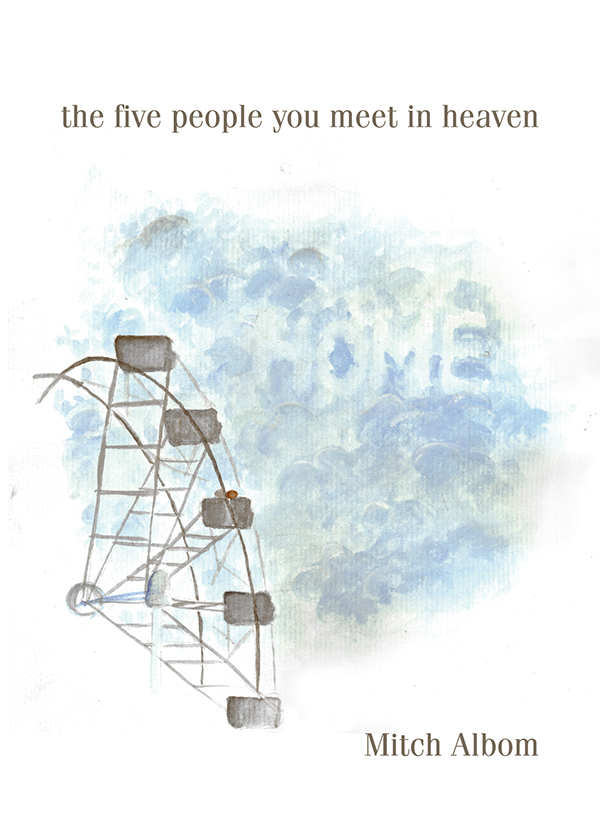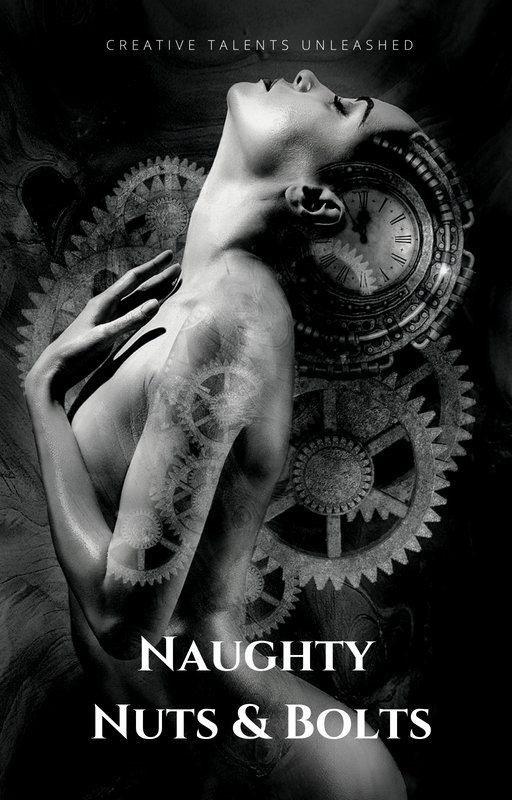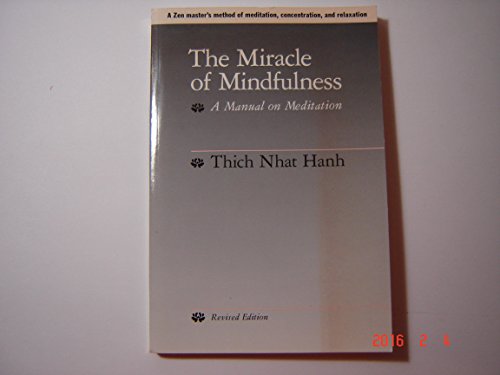
Saturday Stories
March 2, 2019
Who Are The People You Meet In Heaven?
By Jonathan Aquino
I
Every night for the past three months, I would watch an episode of The Flash before my bedtime reading. Flash is so fast that he could travel back in time. One time (pardon the pun), he went back to be with his parents, which created an alternate timeline called Flashpoint. But when he returned, like what happened in the film The Butterfly Effect, everything in his original timeline had changed. The only way to fix things was to return to the past and let events happen again as they had. So he did that, but when he returned to the present, there were new changes. And the effects of Flashpoint created a new group of metahumans that weren't there before.
II
I'm especially intrigued by the idea of how something that seems insignificant can have far-reaching effects. So when I read again The Five People You Meet In Heaven by my beloved Mitch Albom, my mind kept going back to when Eddie, our central character, saw the first person he met in Heaven – the Blue Man. Eddie never saw him when he was alive, but their paths had crossed when he was a child. It was only when he was dead that Eddie knew about how the Blue Man had died to save his life. Eddie then began to understand how every event is connected to one another.
III
So, if everything is connected, then it is logical that to change one thing would change something else. And in Edward Lorenz's Chaos Theory, this specific change would start a series of other changes. In other words, what we do can affect someone else, which will also affect his life, and his actions would affect another person which would also affect that person's life, and so on. Lorenz coined "The butterfly effect," which basically says that a small action would later cause a big reaction, like a hurricane caused by a butterfly that flapped its wings in the past on the other side of the world.
IV
After Eddie learned that every action leads to an event that can sometimes be totally surprising, he still needed to understand (as we all do) how we let the actions of others affect us, often in ways we don't even know. Eddie was a war veteran, but he came home bitter because his leg was shot and never fully healed. He spent the rest of his life as the maintenance keeper of a carnival. Things would have been a lot different if the accident didn't happen. Then he saw the second person he met in Heaven, who showed him how the bullet that destroyed his leg had actually saved his life.
See Our Story On Facebook
The Five People You Meet in Heaven
Mitch Albom
Photo courtesy of Behance. net




